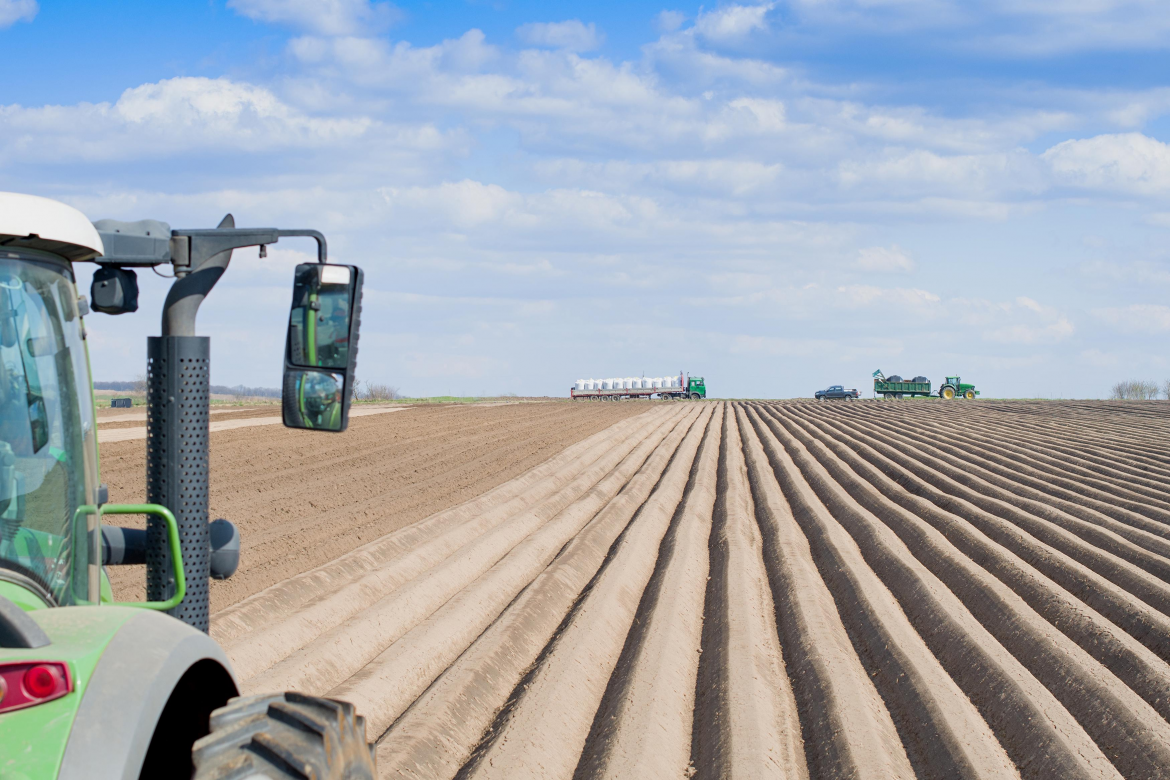We understand that implementing precision farming techniques can revolutionize the way small farms operate. In today’s rapidly evolving agricultural landscape, the integration of technology into traditional farming practices offers unprecedented opportunities for growth and modernization. By utilizing cutting-edge tools such as GPS mapping, soil sensors, and data analytics, small farmers can optimize their operations, tailor their practices to specific environmental conditions, and manage their resources more effectively. This not only leads to significant improvements in productivity and efficiency but also promotes sustainable farming methods that can help preserve the environment for future generations. However, adopting precision farming is not without its challenges, here are factors to consider when implementing precision agriculture on small farms.
Assessing Farm Size and Crop Diversity
The first factor to consider when implementing precision farming is the size of the farm and the diversity of crops being grown. Small farms often have limited resources, making it essential to choose technologies that align with their specific needs. Precision farming tools vary in complexity and capability; therefore, it is crucial to evaluate which systems will work best, given the scale and nature of the farming operation. For instance, certain technologies may be better suited for crop monitoring, while others excel in soil analysis. At CHCNAV Agriculture, we offer a range of precision farming solutions tailored to different farm sizes and types, helping small farmers find the right fit for their unique circumstances.
Understanding Budget Constraints
Budget constraints are another critical consideration when implementing precision farming. Investing in new technologies can require a significant upfront cost, which may be daunting for small farmers. It is vital to outline a clear budget that encompasses initial investment, ongoing maintenance, and potential training costs for staff. However, small farmers should also consider the long-term financial benefits of precision agriculture. Improved yields and reduced input costs can lead to a positive return on investment over time. CHCNAV Agriculture provides affordable precision farming solutions designed to offer substantial value while keeping budget considerations in mind. We prioritize making our technologies accessible for small farms without compromising on quality.
Conclusion
Establishing precision farming on small farms necessitates careful consideration of several aspects, including farm size, budget limits, and the need for education. With the correct technology and support, small farms may use precision agriculture to boost output, eliminate resource waste, and promote sustainability. Farmers who embrace precision farming will be better positioned for success in an increasingly competitive agricultural landscape, assuring a brighter and more productive future for their businesses.
